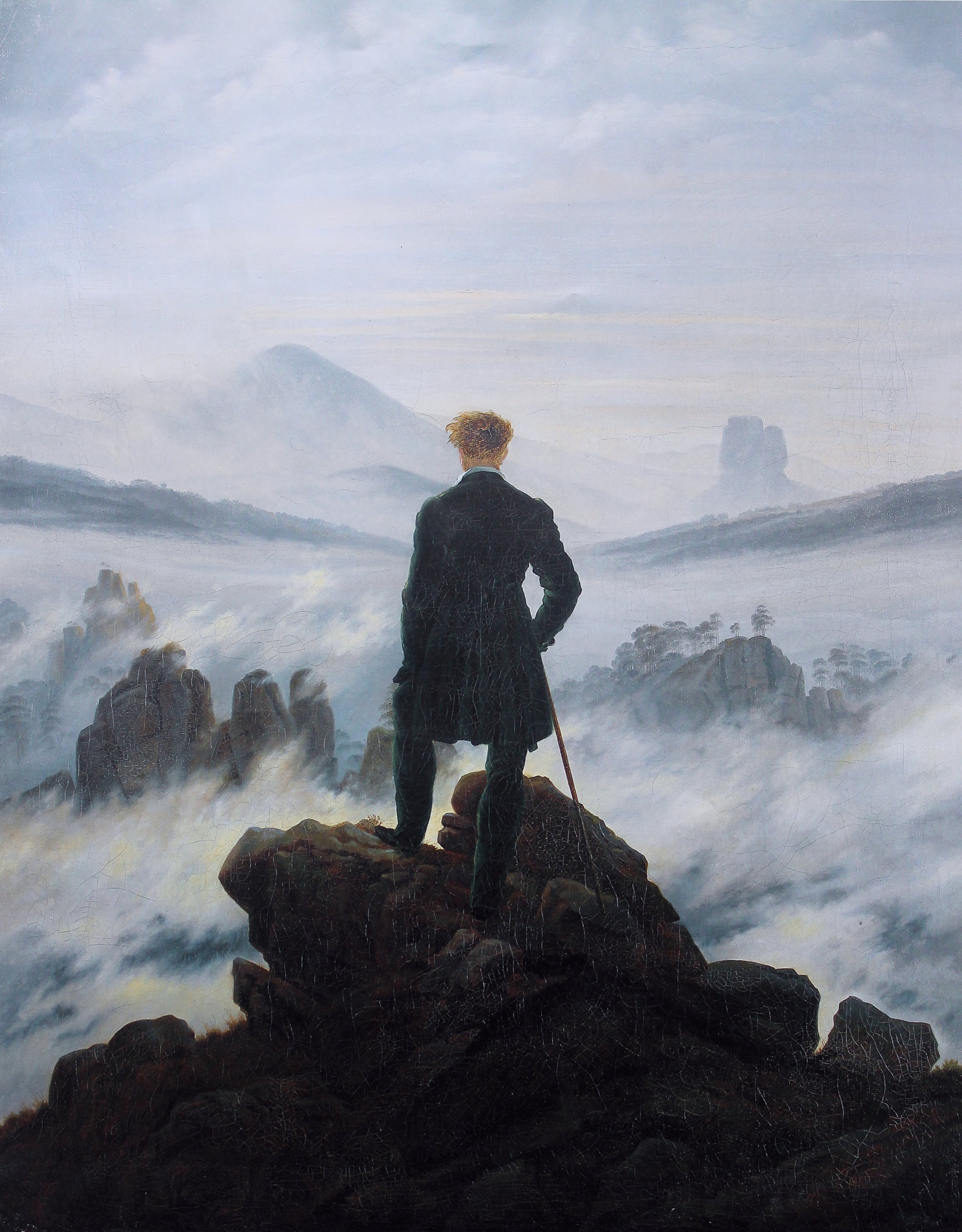|
|
LITR 4231
Early American Literature 2012 research post 2 |
|
Diego A. Gutierrez
April 26, 2012
Education in the Time of Slavery
If one was to ask a ten year old if he or she liked school, or if he or
she liked to learn, they would probably look at the person with a confused look
and with an “I don’t think so” kind of face. At that age, education is the last
thing on their mind, and all they care about is the latest video game that
Nintendo is putting out on the market. Personally, I have always been taught
that education comes first before games and fun; that is probably why I gained
an interest in the education field. Before taking Dr. White’s class I really did
not have an idea of how slaves were educated in the Unites States or if they
even received an education. I always thought that slaves were simply ignored
and were only exploited for labor. After doing some reading in class and
learning about the way some slaves learned to read and write, and how important
it was for them to learn these skills, I began to wonder how it really was for
them. How did the slaves really learn these skills that our children nowadays
rate as less important? How were slaves educated?
Education of slaves was divided amongst the states. The northern states
of the United States had no written laws preventing the slave masters or slave
owners from teaching their slaves, but the southern states on the other hand
created laws that prohibited the slave owners from teaching slaves to write.
Now, notice I only said write; yes, the law created in 1740 in the state of
South Carolina, prohibited the masters from teaching the slaves to write
South Carolina’s law of 1740 was created because of fears of rebellion
from the slaves. The law prohibited the teaching of writing because the masters
and plantation owners were afraid that the blacks would start “abolitionist
materials, forged passes, and other incendiary writings” (
During the Great Awakening, ministers would go around preaching to the
slaves to “awaken” them and convert them into Christians. During the process the
slaves began to become literate, just like Occom did in his narrative,
A Short Narrative of My Life,
After I was awakened & converted, I went to all the meetings, I could come at; &
continued under Trouble of Mind about 6 months; at which time I began to Learn
the English Letters; got me a Primer, and used to go to my English Neighbours
frequently for Assistance in Reading
(Occom).
It was common for a slave to become literate during this time of Christianity
and conversions. The slaves were almost forced to learn to read, because it was
important for them to know about the Holy Scripture. At times the slaves,
regularly men, would spend time with their teachers, just like Occom did. They
would live with them and learn the reading and writing skills. Once they learned
the skills they would go back home and teach the others as Jefferson’s slaves
did at Monticello.
Although teaching slaves was not against the law during Jefferson’s time
(Monticello), Jefferson did not teach his slaves. Many of the slaves in
Monticello were educated, but gained their knowledge from Jefferson’s grandkids;
Jefferson allowed the slaves to study with them. Others learned by “inducing the
white children to teach [them] the letters,” just like Peter Fossett did. Peter
Fossett was a servant at Monticello who was allowed to study with Jefferson’s
grandkids and later used his knowledge to teach others what he had learned
(Monticello).
In other words, education became a
community task. It was passed on from a generation to another. A slave who
already knew how to read and write passed on the skills to his children, and his
children passed it on to a friend, who would pass it on to another slave. Others
were lucky to be taught by their masters or by private tutors that their masters
would hire for “informal plantation schools” (
Therefore, education of slaves was important not only for the slaves, but for
their masters as well. Although laws were created to prevent the teaching of
slaves because of scares of rebellion, the slaves were educated one way or the
other. The slaves gained knowledge to read about what was going on in their
lives and the slave owners gained literate workers for their plantations. Some
learned from teachers, some from their masters, and others from each other, but
slaves, although not all, learned to read and or write.
Works Cited
"Education during the slave period." 16 February 2012. Wikipedia, the free
encyclopedia. 20 April 2012
<http://en.wikipedia.org/wiki/Education_during_the_Slave_Period>.
Occom, Samson. "A Short Narrative of My Life." 1768. Online Texts for Craig
White's Literature courses. 20 April 2012
<http://coursesite.uhcl.edu/HSH/Whitec/texts/Amerind/occomnarr.htm>.
Sambol-Tosco, Kimberly. "Slavery and the making of America." 2004. Educational
Broadcasting Corporaion. 19 April 2012
<http://www.pbs.org/wnet/slavery/experience/education/history.html>.
“Slave life at Monticello.” 19 Apr.
2012. The Monticello Classroom.
<http://classroom.monticello.org/kids/resources/profile/259/Elementary/Slave-Life-at-Monticello/>.
|
|
|
|


